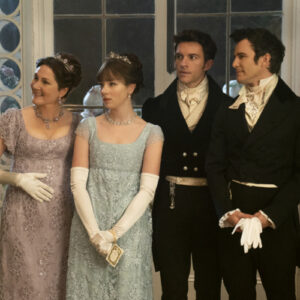Peter Jackson may not have found a Lord of the Rings replacement but one $83.7 million box office letdown had the potential to become LOTR’s successor
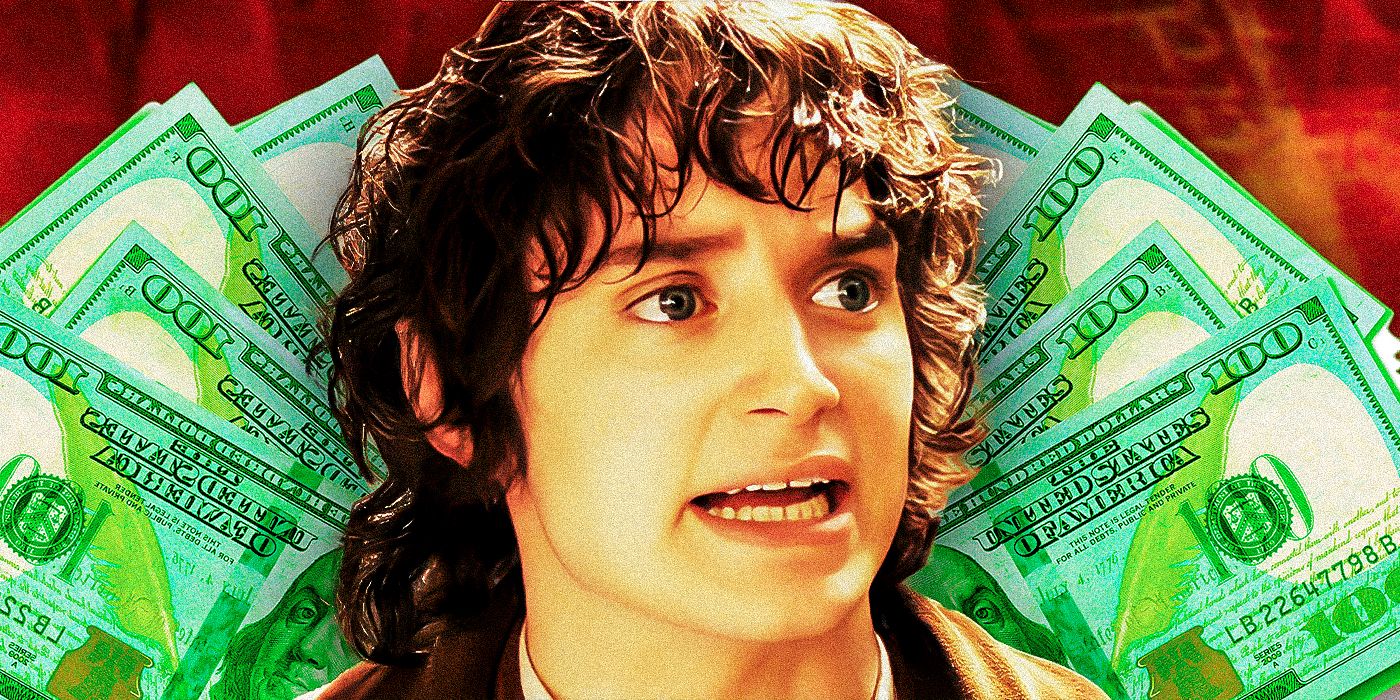
Peter Jackson almost had the perfect Lord of the Rings replacement, which, unfortunately, turned out to be an $83.7 million disappointment. Although Peter Jackson is best known for his work on the Lord of the Rings and Hobbit trilogy, he has other notable films like King Kong, Heavenly Creatures, and The Beatles: Get Back under his belt. However, since the Lord of the Rings movies remain the highlight of his filmmaking career and left an indelible mark in cinema, it is hard to wonder if he will recreate another fantasy franchise that matches LOTR’s impact and legacy.
A closer look at the director’s line of work suggests that one film had the potential to be Lord of the Rings’ replacement. Like The Lord of the Rings, it was adapted from a well-known book series and had the scale to be turned into a full-fledged franchise. However, despite the potential, the book adaptation failed to impress viewers and critics when it premiered in 2018.
Mortal Engines Should’ve Been Peter Jackson’s LOTR Replacement
Mortal Engines had all the right ingredients to be the new Lord of the Rings


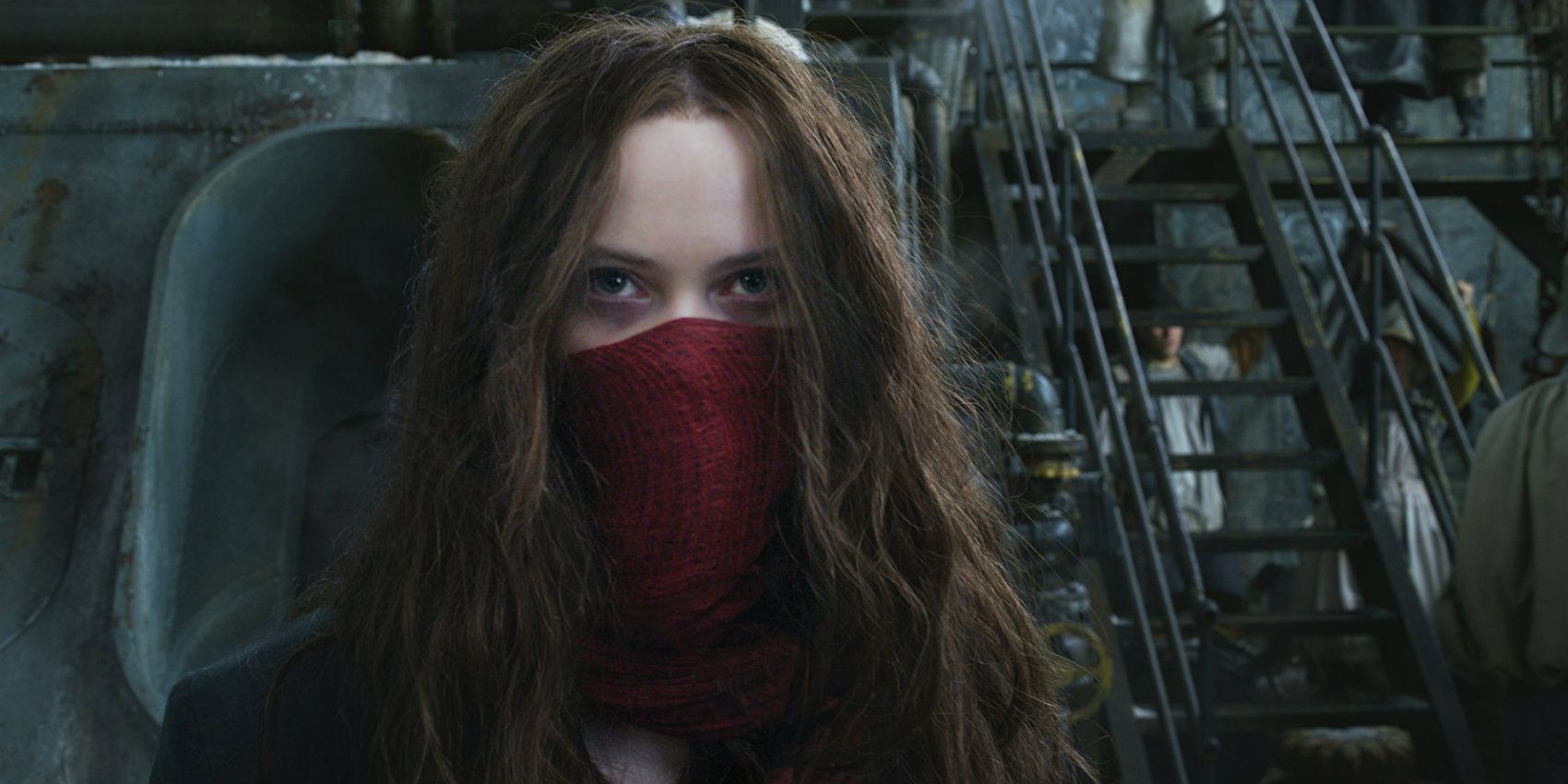

Peter Jackson did not direct the Mortal Engines movie. However, he produced and co-wrote its screenplay with the same team involved with The Lord of the Rings, which alone added immense credibility to the project. In addition, like Lord of the Rings, Mortal Engines was also primarily filmed in New Zealand and adapted from a renowned and acclaimed fantasy book series. With so much in common between Lord of the Rings and Mortal Engines, it made sense to see Mortal Engines as Peter Jackson’s big Lord of the Rings replacement.
Although Mortal Engines inclines more towards the dystopian sci-fi subgenre, the book series, like Lord of the Rings, has an expansive world-building that immerses readers with intricate descriptions of vast fantastical landscapes, political undertones, and character beats. Like Peter Jackson’s Lord of the Rings and other visually stunning flicks like Avatar, Mortal Engines‘ VFX was produced by Wētā FX. Given how so many creative powerhouses were at Mortal Engines‘ helm, it should have been able to fill the void left by the conclusion of Peter Jackson’s Lord of the Rings trilogy.
Mortal Engines Movie Had A Lot Of Potential
Mortal Engines could have been a compelling fantasy movie franchise
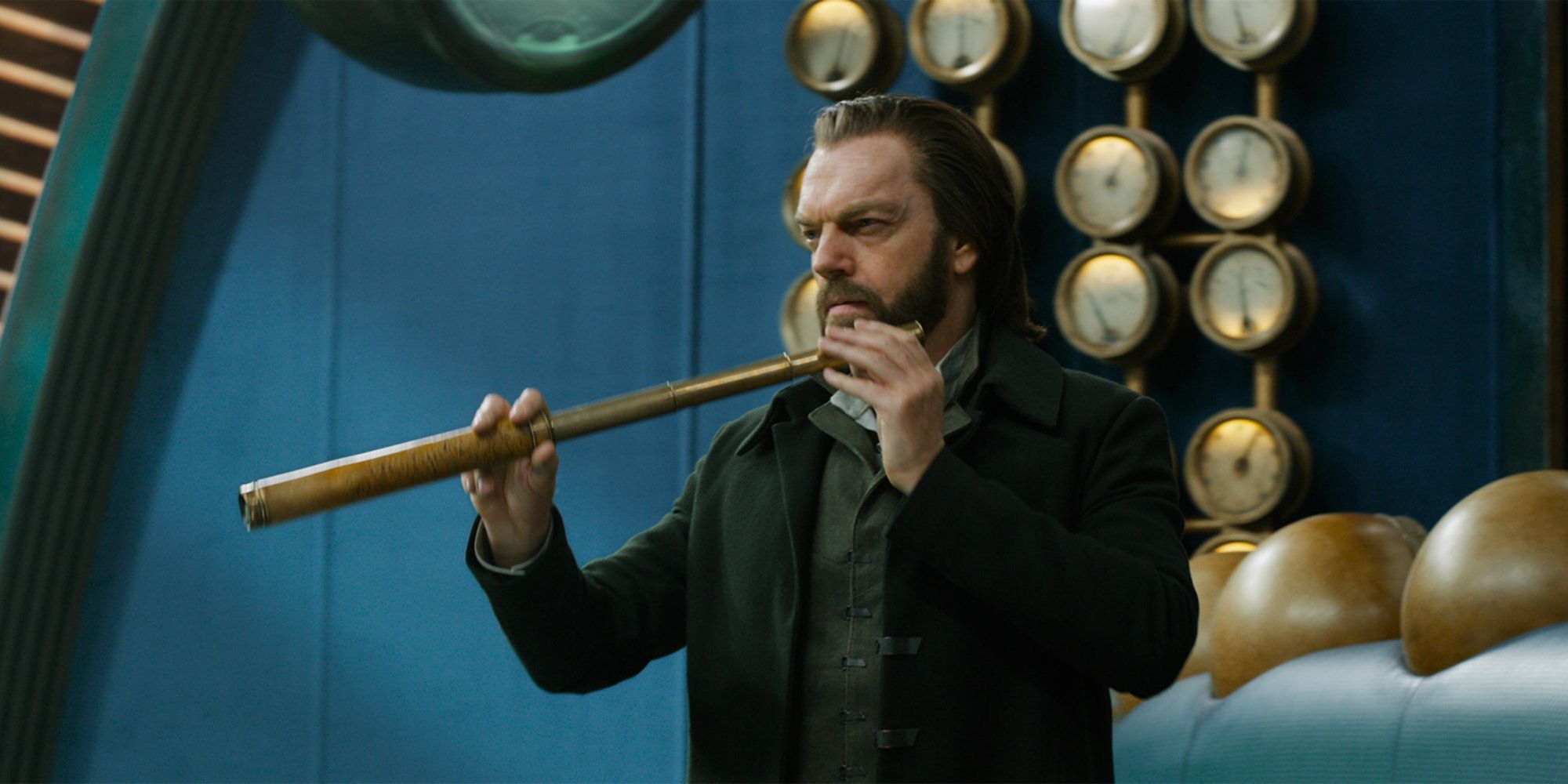
On the surface, Mortal Engines primarily unfolds in a post-apocalyptic steampunk world where mobile cities move around and devour each other. As absurd as this idea may sound on paper, author Philip Reeve does an incredible job of using it as a narrative device to explore the destructive consequences of a concept called municipal Darwinism, where only the strongest city reigns supreme. In the books, Reeve creates an intriguing dynamic world where societal hierarchies are always in a state of flux, allowing the overarching storyline to instill a constant sense of thrill and novelty.
Although the film bombed at the box office and was critically panned after its release in 2018, it managed to get some things right, proving it had potential. For instance, from a visual standpoint, the film beautifully captures the grandeur of the original books’ world and even perfectly adds a layer of steampunk aesthetic to it. Even the opening moments of the film, where it introduces audiences to concepts like predator cities, great hunting grounds, and anti-traction league, are intriguing enough to hook viewers. Unfortunately, as soon as it expands these ideas, Mortal Engines struggles to maintain narrative coherence.
Why Mortal Engines Bombed At The Box Office
Stiff competition and lack of loyalty to source material contributed to the film’s failure

One of the biggest factors that contributed to Mortal Engines‘ commercial failure was its poor critical reception. The film currently stands at a 26% Rotten Tomatoes score, highlighting how critics unanimously disliked the film. Since Mortal Engines was adapted from a book series, Philip Reeve’s readers must have naturally been curious about how the movie would execute all the original ideas. While book-to-screen adaptations have to take some creative liberties to effectively traverse their source material to the audiovisual storytelling medium, the Mortal Engines movie drifted too far from the original novel.
Against a hefty production budget of around $100–150 million, Mortal Engines barely earned a little over $80 million at the global box office.
Unlike successful adaptations like Denis Villeneuve’s Dune, Mortal Engines also dumps exposition instead of patiently building its overarching world. Against a hefty production budget of around $100–150 million, Mortal Engines barely earned a little over $80 million at the global box office. Its poor returns can also partially be attributed to the fact that it was released alongside Spider-Man: Into the Spider-Verse and Clint Eastwood’s The Mule. In its second week, Mortal Engines faced even more competition from franchise films like Aquaman and Bumblebee, further diluting its box office numbers.
Why Peter Jackson Still Doesn’t Have A True Lord Of The Rings Replacement
Lord of the Rings sets the bar a little too high
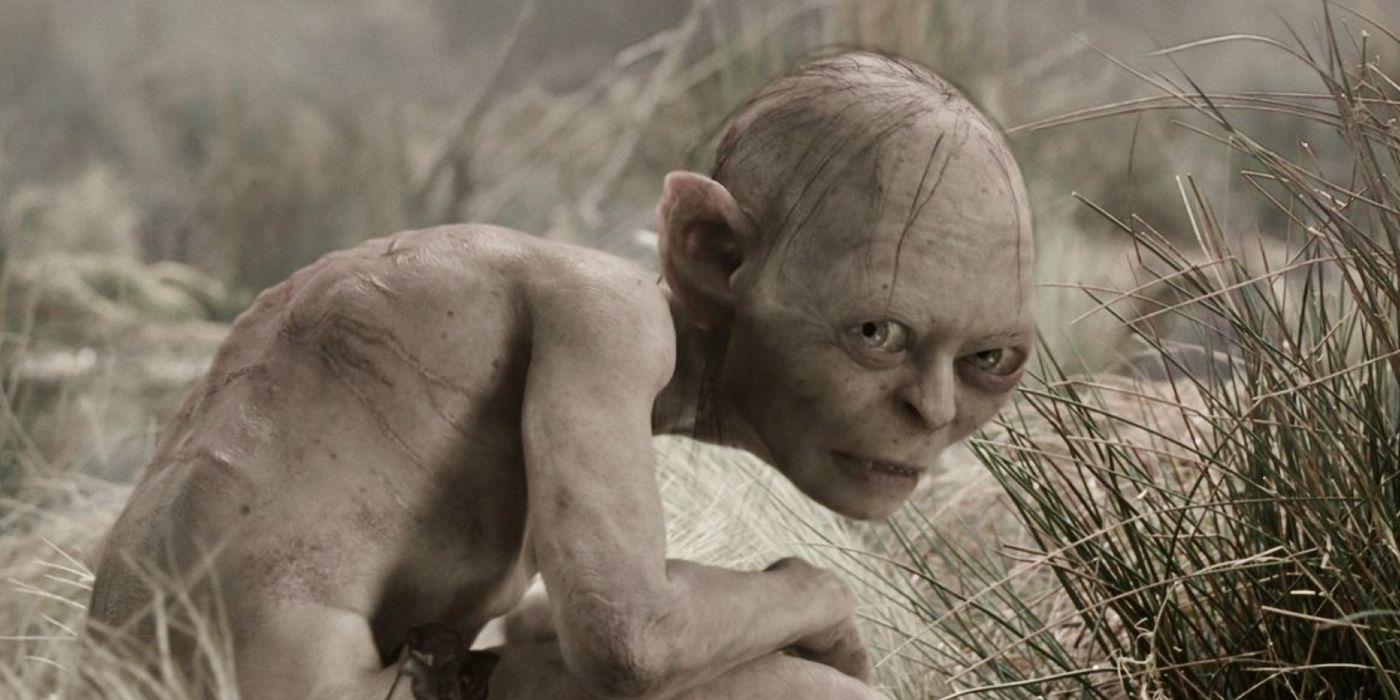
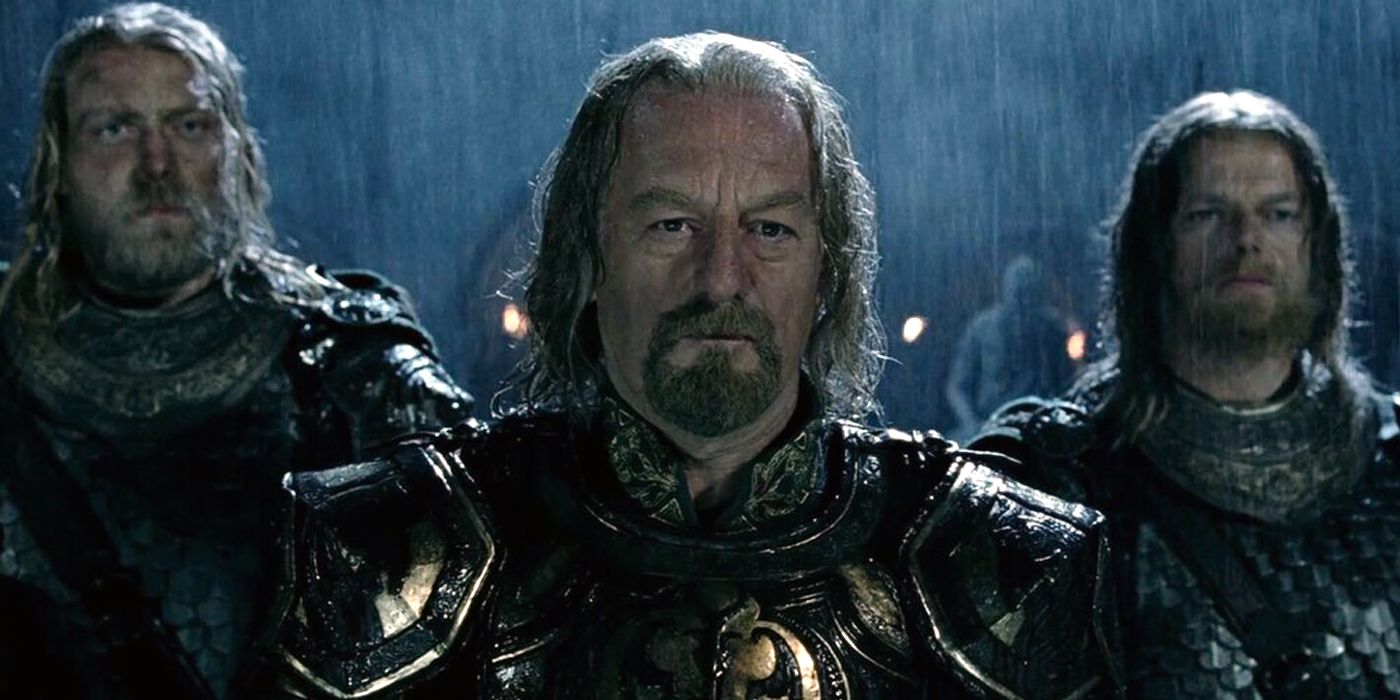
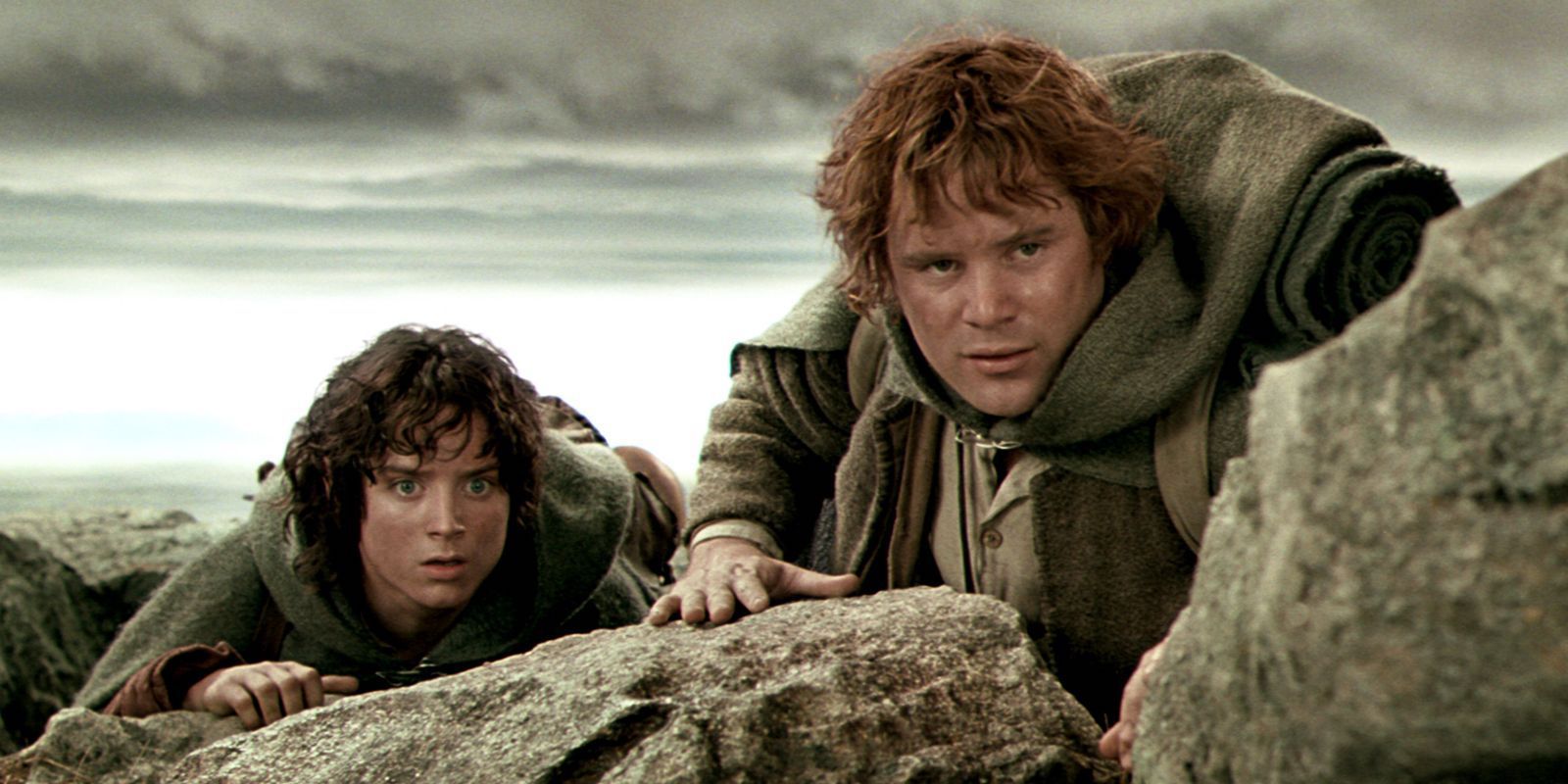
The Lord of the Rings trilogy is considered a masterpiece, and rightfully so, setting incredibly high standards for other fantasy book adaptations. Owing to this, even though Peter Jackson has been involved in other acclaimed fantasy dramas like The Hobbit, none of them have come close to recreating The Lord of the Rings‘ legacy. Modern fantasy franchises like Dune, Mad Max, and Avatar have also evolved audience expectations surrounding the genre, making them more discerning and demanding. This makes it even more challenging for filmmakers like Peter Jackson to find projects as scalable as the big franchises.
By capturing the essence of Tolkein’s works, Peter Jackson leveraged the books’ existing popularity and cinematic potential.
J. R. R. Tolkien’s Lord of the Rings itself was a monumental achievement in literature and still ranks among the best-selling books ever written. By capturing the essence of Tolkein’s works, Peter Jackson leveraged the books’ existing popularity and cinematic potential. Since not a lot of fantasy book series are capable of matching the high benchmark of storytelling that Tolkien sets with Lord of the Rings, it makes sense that a true Lord of the Rings replacement still does not exist.




